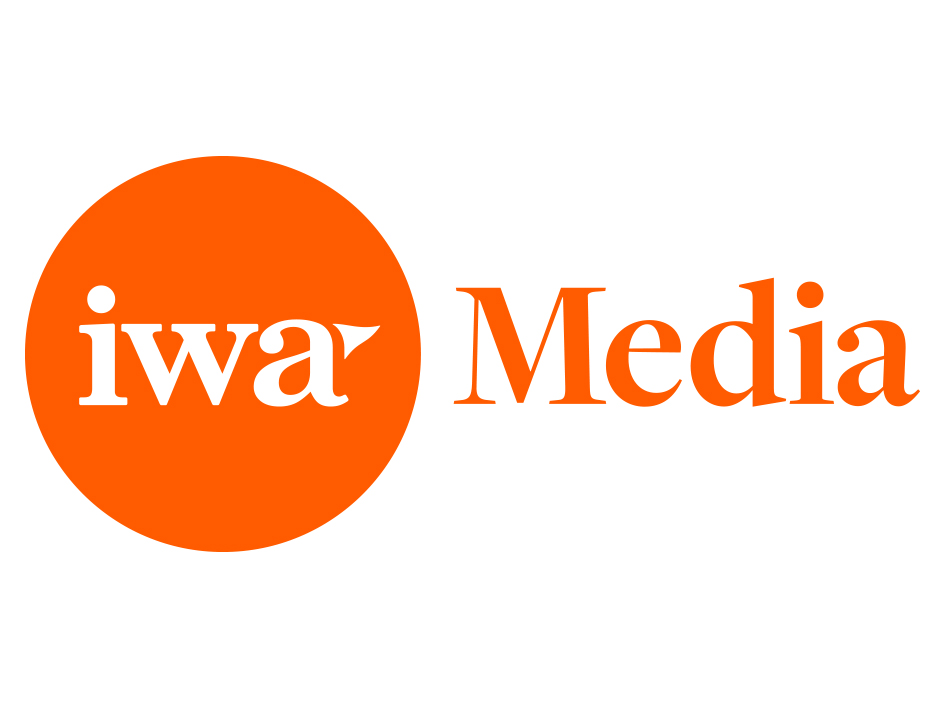Leighton Andrews considers what it takes for digital engagement to deliver a healthy media future
Devolution’s birth coincided with that of digital television. In a pamphlet published in 1999 by the Wales Media Forum, Not by Bread Alone, Geraint Talfan Davies, then controller of BBC Wales, hoped that the new environment would create the possibility of ‘a new kind of national conversation’.
The changes in our media landscape since have been profound. Then, there was optimism about a devolution dividend for the Welsh media, with additional investment in news and current affairs not only in television and radio but also in print, with dedicated Assembly correspondents. The Welsh Mirror may now be unlamented, but in the Assembly’s first term it provided greater attention than devolution was ever to get subsequently in the tabloid press. Today, local weekly newspapers and our Welsh ‘national’ and regional daily newspaper circulations remain in decline. TV and radio news and current affairs are under pressure. Overall, people are watching fewer hours of live television – except in the older age groups.
Though the online output of Welsh media organisations has seen significant investment, digital engagement is no guarantee of a healthy media future. Some ninety per cent of the UK growth in digital advertising in 2016 went to Facebook and Google, according to Enders Analysis.
While Facebook has provided a platform for local community groups to organise and promote themselves, and has contributed to the development of a Welsh Language public sphere through enabling users to create the means for a Welsh language interface, its dominance of online media markets means it has the whip-hand in negotiating with media organisations for distribution of their content. We are well overdue a proper look at the competition issues raised by Facebook and Google’s dominance of the online advertising market.
Meanwhile the savage cuts to S4C’s budget imposed by the coalition government in 2010 led to a loss of broadcasting investment of some £60 million in the five years to 2015, as I pointed out five years ago in the Welsh Government’s Welsh Language Strategy.
But there have been some positive developments in terms of news media recently. After Brexit the pop-up weekly The New European was intended to last for only a few issues but is still going strong. The Guardian has added 200,000 members on top of its subscription base. In The United States, the Trump candidacy and presidency has been a boost for the circulations of the New York Times and the Washington Post.
In Wales, there have been some local triumphs. Though the Port Talbot Magnet has come and gone, www.Wrexham.com flourishes online and the Pembrokeshire Herald brought a more challenging news focus to the west.
I argued four years ago that we needed new sources of investment in the Welsh media. If the system of information subsidies from advertising for local news was falling away, was there a new system where public funding via intermediate institutions – such as higher education institutions – would have a bigger role, particularly in relation to coverage of current affairs? After all, the Welsh Government had already intervened to support journalism through the Welsh language, with the development of Golwg360, with its independence guaranteed through the intermediary of the Welsh Books Council; it had a Community Radio Fund, and funded the papurau bro to support digitization of content. Hyperlocal news sites have grown up since with considerable support from Cardiff University’s Centre for Community Journalism.
Our digital news taskforce reviewing the National Assembly’s needs includes people with expertise in the media, open democracy projects like My Society, public institutions that have put digital communications at their heart, and specialists in digital learning and political communication.
People opt to get their news through a much more diverse series of routes − some now only from Facebook. Most people will get their television and radio news from UK channels which rarely cover Wales and seldom explain where policies in Wales differ from those in England, except in passing. The London newspapers, widely read in Wales, scarcely mention Welsh politics or the Assembly.
Increasingly bodies such as the National Assembly will need to package and push their content directly to the platforms that audiences are consuming. Does the Assembly need to provide its own digital news platform with a small team of journalists providing news about the stories that are coming out of the Assembly? Such a platform could also provide material for the scores of local and hyperlocal news publications around Wales. This would not be a ‘government’ mouthpiece – quite the opposite. It would be the platform for what is happening in the place where the Welsh Government is scrutinised – the National Assembly – and headed by an impartial editor. It’s just one of the ideas under discussion. We need new solutions to guarantee our national conversation and any hope for a Welsh public sphere.
Editorial note: This is part of Click on Wales’ week-long focus on media issues. The Media Policy Group of the Institute of Welsh Affairs is holding the third Cardiff Media Summit on 29th March and booking information can be found here






Comments are closed.